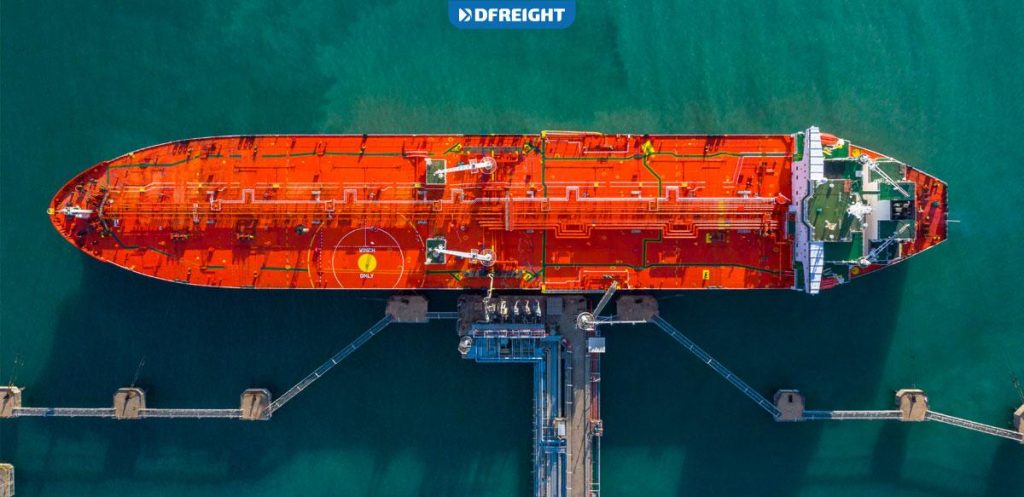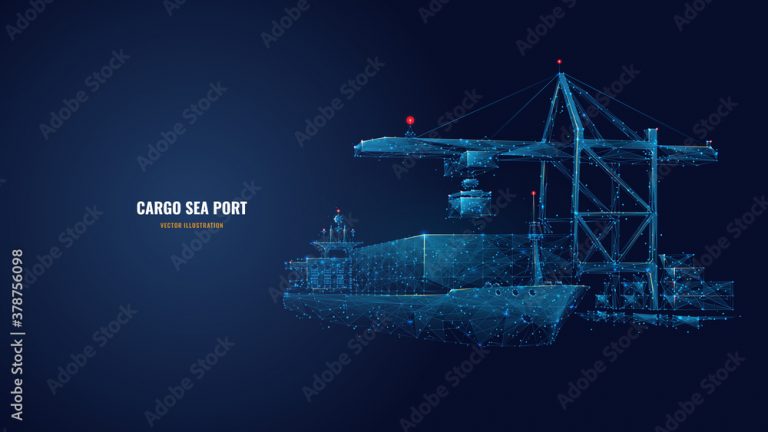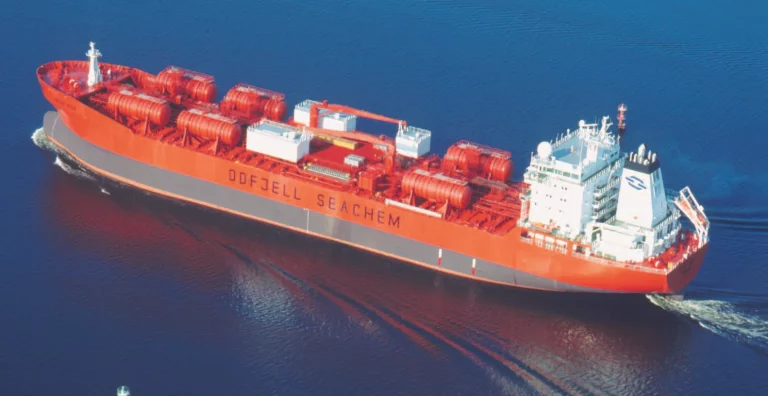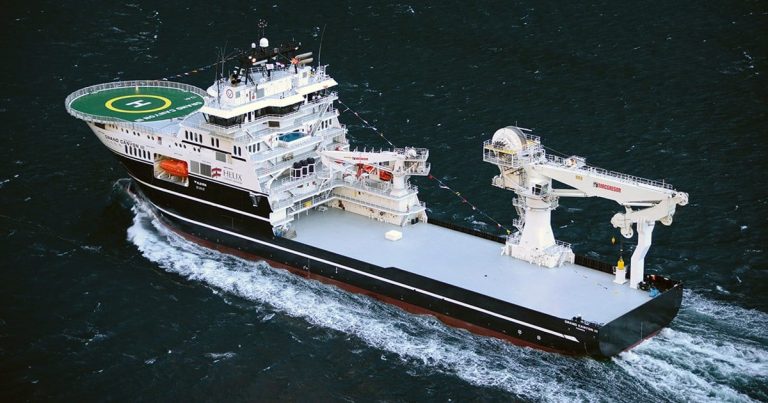
Crude Oil Tankers
Crude oil tankers are specialized vessels designed to transport vast quantities of crude oil across the world’s oceans.1 These massive ships play a critical role in the global energy supply chain, ensuring the flow of crude oil to refineries, where it is processed into various petroleum products.2
Types of Crude Oil Tankers
- Very Large Crude Carriers (VLCCs):
- The largest type of crude oil tanker, capable of carrying hundreds of thousands of tons of crude oil.
- Often restricted by the size of canals like the Suez Canal and Panama Canal.
- Ultra Large Crude Carriers (ULCCs):
- Even larger than VLCCs, these vessels can carry over 500,000 tons of crude oil.
- Typically used for long-haul voyages between major oil-producing and consuming regions.
- Aframax Tankers:
- A medium-sized tanker, commonly used for regional trade and shorter-haul voyages.3
- Suezmax Tankers:
- Designed to transit the Suez Canal, these tankers are larger than Aframax but smaller than VLCCs.4
Key Features of Crude Oil Tankers
- Cargo Tanks: Large, cylindrical tanks designed to store crude oil.5
- Ballast System: Used to maintain stability and adjust the ship’s draft.6
- Pumping Systems: Powerful pumps for loading and unloading cargo efficiently.7
- Safety Systems: Advanced safety features to prevent accidents and environmental damage.8
Challenges Faced by Crude Oil Tankers
- Oil Spills: The risk of oil spills, which can have devastating environmental consequences.9
- Weather Conditions: Navigating through stormy seas and extreme weather events.
- Market Volatility: Fluctuations in oil prices can impact the demand for tanker services.10
- Environmental Regulations: Stricter environmental regulations can impose additional costs and operational challenges.
The Future of Crude Oil Tankers
The future of crude oil tankers will be shaped by several factors, including the transition to cleaner energy sources, technological advancements, and changing global trade patterns. While the demand for crude oil may decline over time, the role of tankers in transporting this vital commodity will continue to be significant, especially in emerging economies.
In conclusion, crude oil tankers are essential to the global energy supply chain, facilitating the transportation of this vital resource across the world’s oceans.11 By understanding the challenges and innovations in this industry, we can appreciate the crucial role these vessels play in powering our modern world.
Would you like to know more about a specific type of crude oil tanker or the challenges faced by the shipping industry?



